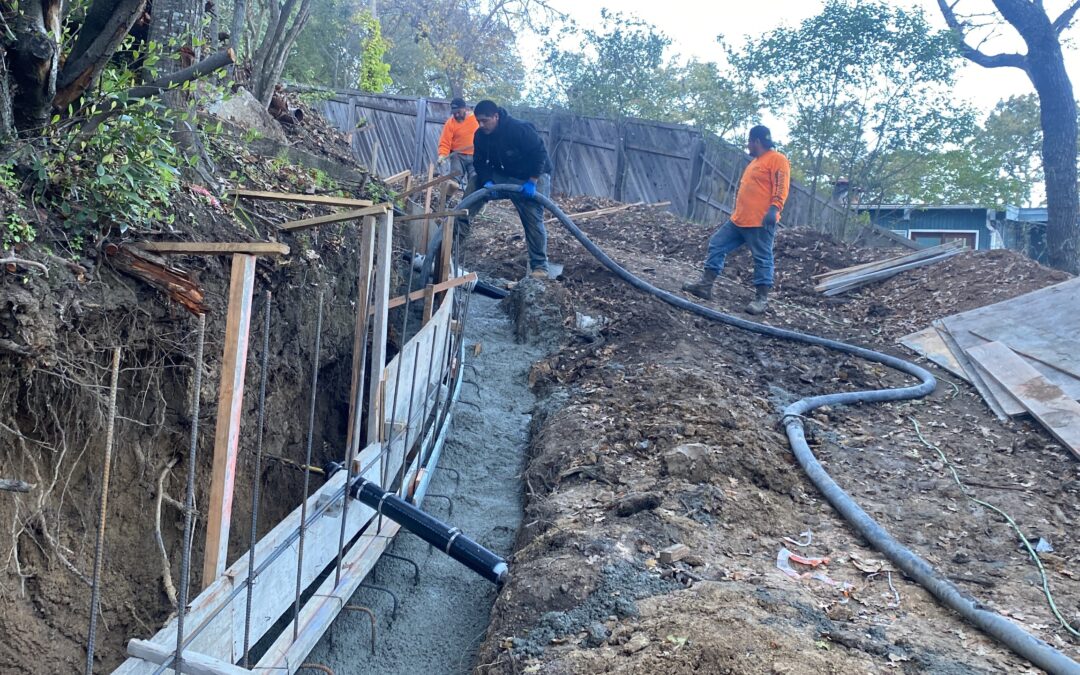As cities evolve and populations grow, the demand for housing continues to rise. In response to this ever-present need, property owners and developers are exploring innovative ways to maximize the use of existing structures. One increasingly popular approach is the conversion of commercial properties into residential spaces. In this article, we’ll delve into the intricacies of this process, exploring the opportunities and challenges it presents.
Market Analysis: Meeting the Demand
The housing market is dynamic, shaped by demographic trends, economic factors, and evolving lifestyle preferences. As urban populations swell and living preferences shift towards convenience and accessibility, the demand for residential properties remains robust. Converted commercial spaces offer a unique solution, providing urban dwellers with a blend of character, functionality, and location advantages.
According to recent trends highlighted on welovepaving.com, a leading resource in property development, there’s a growing appetite for mixed-use developments that seamlessly integrate residential and commercial components. This trend underscores the potential of repurposing commercial properties to meet the diverse housing needs of urban communities.
Regulatory Landscape: Navigating the Maze
Converting commercial properties into residential spaces is not without its challenges, particularly in the realm of regulations and zoning laws. Zoning regulations vary by jurisdiction, dictating permissible land use and development standards. Successful conversion projects require a thorough understanding of these regulations and strategic navigation of bureaucratic processes.
Case studies featured on welovepaving.com shed light on successful instances where developers effectively navigated regulatory hurdles to realize their vision. From securing permits to ensuring compliance with building codes, proactive engagement with local authorities is paramount to the success of conversion projects.
Property Assessment: Evaluating Feasibility
Not all commercial properties are created equal when it comes to adaptability for residential use. Warehouses with expansive floor plans and high ceilings may lend themselves well to loft-style apartments, while former office spaces might require more extensive modifications to accommodate residential amenities.
Assessing the feasibility of conversion involves a comprehensive analysis of property characteristics, renovation costs, and potential return on investment. welovepaving.com provides valuable insights into property assessment criteria and best practices for maximizing the potential of commercial-to-residential conversions.
Financial Implications: Balancing Costs and Returns
Converting commercial properties into residential spaces entails significant financial investment. Renovation expenses, permit fees, and financing costs must be carefully weighed against the anticipated revenue streams from rental income or property appreciation.
welovepaving.com offers practical guidance on navigating the financial aspects of conversion projects, including strategies for securing funding and managing financial risks. Real-world case studies showcase successful conversion projects that have delivered favorable returns on investment, underscoring the potential for financial viability in the residential market.
Community Impact: Building Vibrant Neighborhoods
Beyond financial considerations, converting commercial properties into residential spaces has broader implications for community development. By revitalizing underutilized spaces and introducing new housing options, conversion projects contribute to the vibrancy and diversity of urban neighborhoods.
welovepaving.com explores the social, economic, and environmental effects of commercial-to-residential conversions, highlighting the positive impact on neighborhood revitalization, job creation, and affordability. Community engagement and stakeholder involvement are integral to the success of conversion projects, fostering a sense of ownership and collaboration among residents and developers alike.
Future Outlook: Embracing Innovation
Looking ahead, the future of commercial-to-residential conversions is filled with promise and potential. Emerging trends and innovations in adaptive reuse, coupled with evolving market dynamics, will continue to shape the landscape of urban development.
welovepaving.com provides valuable insights into the future outlook for conversion projects, offering guidance on leveraging emerging trends and technologies to drive sustainable and inclusive urban development.
Conclusion: Seizing Opportunities
In conclusion, converting commercial properties into residential spaces presents a compelling opportunity to unlock the hidden potential of urban landscapes. By embracing innovation, navigating regulatory challenges, and fostering community collaboration, developers and property owners can transform underutilized spaces into vibrant, thriving communities.
As highlighted by welovepaving.com, the journey from commercial to residential is paved with opportunities for creativity, profitability, and community impact. With careful planning, strategic investment, and a commitment to sustainability, the possibilities are endless in the quest to unlock the full potential of urban spaces.

